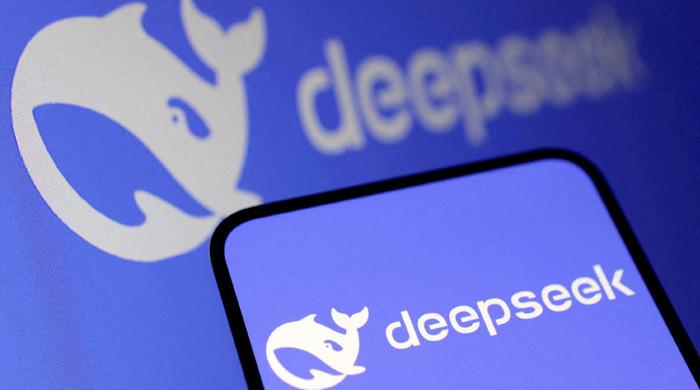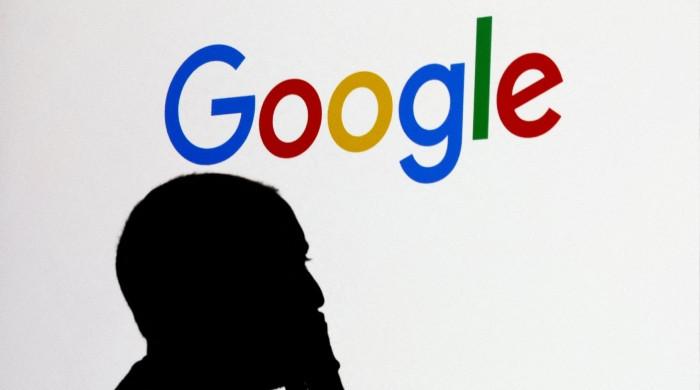Dark web: Veteran hacker reveals inside stories
"I at one time considered myself a black hat and changed to a white hat," hacker says
April 18, 2023

People know very little about what is really on the dark web. Most of them sometimes get confused about it. A cybercriminal shared his experience of how is it like to conduct criminality in the dark web — a hidden place on the internet where terrorists, hackers and drug deals roam freely.
He explained the criminals' modus operandi and noted that any system connected to the web is at risk of an attack.
"I've watched hospitals get encrypted and people are left with a choice: do I pay to decrypt the data or do I risk lives?" a man with a mask said while speaking with Vice News.
The dark web is a platform where activities are conducted with no traces. The content or say, products in demand on the web are drugs and guns, inter alia.
The veteran hacker warned about the "major impacts [ransomware will have] to financial markets or potential impacts to things like electricity production facilities."
Philip Ingram, a retired colonel in military intelligence in the UK, said last year: "The dark web is used increasingly by serious and organised criminals for a variety of purposes. They look for vulnerability in kids when grooming them for things like running drugs along county lines, for exploitation in paedophile rings or recruitment by terrorist and extremist groups."
Several platforms provide access to the dark web such as Tor, and Freenet — that constantly divert the traffic to different IP addresses rendering the user untraceable. There are millions of daily Tor users.
As the interview is from 2021, the concerns expressed by the man are the same and remind us how the dark world of people whose only goal is to cause havoc using the internet could ransack the world.
He said during the interview: "If I wanted to gain access to a secure company, I wouldn't go kick the door down", adding that "I would target people I know who have access, who I know to bring personal devices into a building or do things adjacent to the sensitive stuff, and I would then work my way up."
The former hacker noted: "In the old days, for a country to cause disruption to a country as big as the United States, you would need millions and millions of dollars' worth of investments to do something but today, you just need a few thousand dollars and a laptop and a couple of smart hackers to write some code and send something out."
Kevin Mitnick is regarded as "the world's most famous hacker" for his attack on 40 major companies, including IBM, Nokia and Motorola, in 1995. He stole computer codes worth around $330 million and served 5 years in jail.
After he was released, he said he was "reformed" and now lives as a white hat — ethical security hacker.
The masked man said "I at one time considered myself a black hat and changed to a white hat. White hats tend to be hackers who are bound by an ethical code, who try to do things to improve the greater good and who are bound by the law."
He said that Western countries turned to the dark web community to seek help against cyber criminals.
Even top officials are unable to identify which system is attacked by hackers. It was evident in the Colonial Pipeline attack in 2021, orchestrated by the DarkSide hacking group that closed down the entire system. The attack stopped the supply of 2.5m barrels of fuel from Texas to New Jersey.
The attackers asked $5m as a ransom to restore the system.
"Some 2886 companies had sensitive data published on ransomware leak sites over the reporting period, a 22% increase on the previous year", InfoSecurity Magazine reported.
"We're not only trying to attack the supply side, but we're also attacking the demand side with the users," a senior FBI official said this month, adding that "There are consequences if you're going to be using these types of sites to engage in this type of activity."
Genesis Market a cyber-bazaar was seized in a multinational effort "Operation Cookie Monster" after the site specialises in stolen digital fingerprints, known as cookies.
The FBI noted: "Genesis Market offered access to data stolen from more than 1.5m compromised computers worldwide, containing over 80m account access credentials."
The data include passwords of online banking, Facebook, Amazon, and PayPal as well as digital fingerprints — used to trespass someone’s personal device.
Around 120 people were arrested as a result of coordinated searches in and around the British town of Grimsby, UK law enforcement officials said.
A senior FBI official told DailyMail that suspects were also arrested within the US in connection with the bust but did not offer details on the number of arrests or the charges.











